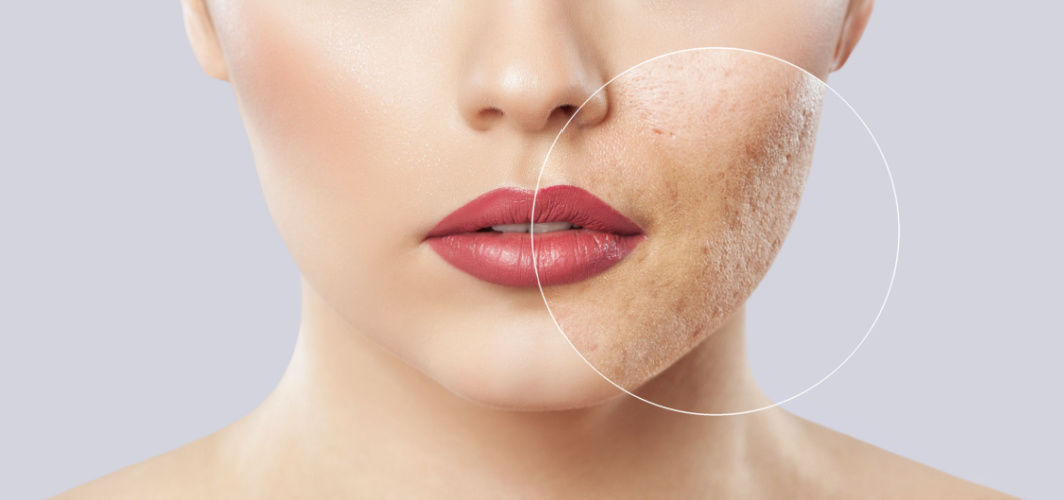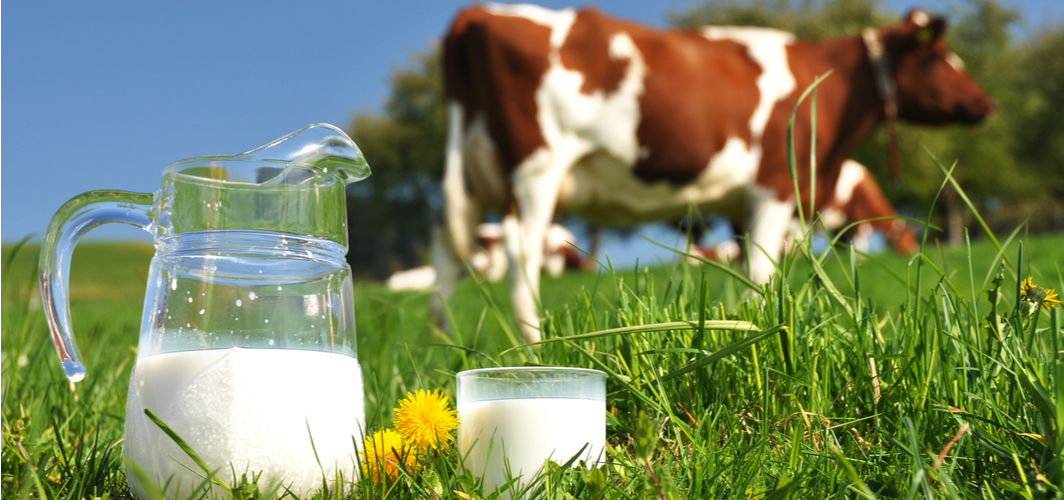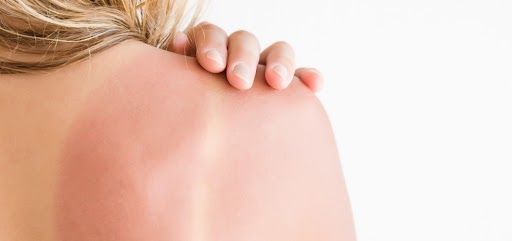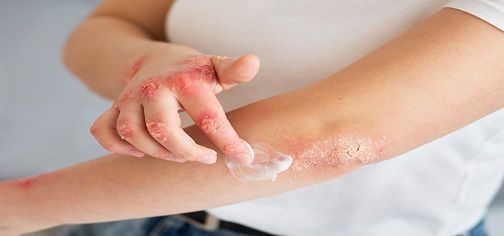Skin Care
6 Effective Ways To Get Rid Of Acne Scars
4 min read
By Apollo 24|7, Published on - 24 April 2023, Updated on - 19 June 2023
Share this article
0
0 like

Acne is a modern-day teen nightmare, which often extends into adulthood. Furthermore, even after getting rid of the active acne, the struggle to get rid of the scars begins soon after. While there have been plenty of discussions on how to deal with acne, we are going to give a brief on how one can manage or treat stubborn acne scars. Let us know more about the treatment options to get rid of acne scars.
1. Resurfacing procedures
Resurfacing procedures are often suggested by a dermatologist to diminish the appearance of widespread acne scarring. Resurfacing your skin helps in removing old skin layers, stimulating the growth of new skin cells. A few popular skin resurfacing procedures include the following:
- Laser skin resurfacing: Specific lasers target blood vessels and help in lightening flat or raised scars. Doctors are known to use fractional or carbon dioxide ablative lasers to treat acne scars. They can also be used for treating other types of scarring that may occur from burns or skin cancer.
- Chemical peeling: Your dermatologist may use a chemical solution that will cause your skin to blister and eventually peel off. This will help in creating a new layer of skin which is usually smoother that the old layer.
- Dermabrasion: Another popular skin resurfacing procedure, dermabrasion uses a special tool to create friction. This friction causes the old layer of your skin to peel off. After the removal of the old layer, a moist dressing is applied to your skin so that it can heal. This process can take up to a couple of weeks.
- Microdermabrasion: Quite similar to dermabrasion, microdermabrasion involves multiple treatment processes with shorter recovery times. It might not be as effective as a laser treatment but is relatively less expensive and simpler.
2. Fillers
Fillers are often used by dermatologists to effectively plump depressed acne scars. It is a safe process that helps in filling the scars with either collagen, the patient’s fat or some other substance. Fillers can be both temporary and permanent with their own sets of pros and cons. The temporary ones usually provide results that last for anywhere from 6 to 18 months. It is best to get a dermatologist's advice to identify the right option for you.
3. Skin tightening
A relatively newer treatment procedure, skin tightening is more affordable and is also safer for all skin colours. Radiofrequency technology is used by dermatologists to help tighten up the skin, causing the acne scars to become less noticeable. This treatment procedure requires repeated appointments. Patients might also feel a burning sensation after undergoing this process. Your dermatologist might even recommend you use sunscreen or a moisturising cream every day and night for a specific period.
4. Collagen-induction therapy
Popularly known as needling or micro-needling, this treatment helps your body to produce more collagen. This process involves your dermatologist moving a handheld, needle-studded roller across the scars. This punctures your skin and as it heals collagen is produced. Collagen-induction therapy is best for treating widespread depressed acne scars. You need to follow a skin care plan while undergoing this specific treatment procedure.
5. Injections
Injecting medicine directly into raised, thick scars can help soften and flatten them. You shall have to make multiple visits to your dermatologist to get the best results. The number of visits depends on the scar and requirements of your treatment, all of which shall be explained to you by your dermatologist.
6. Acne scar surgery
This process may sound quite intimidating but it is one of the most preferred methods by dermatologists to get rid of noticeable acne scars. This treatment procedure aims to create a less-noticeable scar that should fade with time. To perform this surgery, a dermatologist may have to lift the scar and bring it closer to the surface of the skin. There is also another type of scar surgery that involves breaking up the scar tissue.
These treatments aim to reduce the size of the scar and make them less noticeable. In most cases, these scars fade after a certain period. For more information,
Consult Apollo's Expert Dermatologists
Medically reviewed by Dr Sonia Bhatt.
Skin Care
Leave Comment
Recommended for you

Skin Care
Is Cow Milk The Reason Behind Your Acne Breakouts?
Cow milk contains whey protein, which has often been seen to contribute to acne and breakouts.

Skin Care
6 Scientifically Proven Home Remedies For Removing Skin Tan
This article provides remedies for fading an unwanted tan with exfoliation using natural ingredients. These remedies can help reduce the appearance of a tan by eliminating dead skin cells and reducing pigmentation, but it's important to use them cautiously.

Skin Care
Skin Rashes: Causes, Symptoms, Red Flags and Treatment
Skin rashes are an important sign of an underlying skin condition or pathology like dermatitis, psoriasis, eczema etc. Home remedies may not work for all skin conditions. A dermatologist's opinion is a must for recovery from a skin rash.
Subscribe
Sign up for our free Health Library Daily Newsletter
Get doctor-approved health tips, news, and more.
Recommended for you

Skin Care
Is Cow Milk The Reason Behind Your Acne Breakouts?
Cow milk contains whey protein, which has often been seen to contribute to acne and breakouts.

Skin Care
6 Scientifically Proven Home Remedies For Removing Skin Tan
This article provides remedies for fading an unwanted tan with exfoliation using natural ingredients. These remedies can help reduce the appearance of a tan by eliminating dead skin cells and reducing pigmentation, but it's important to use them cautiously.

Skin Care
Skin Rashes: Causes, Symptoms, Red Flags and Treatment
Skin rashes are an important sign of an underlying skin condition or pathology like dermatitis, psoriasis, eczema etc. Home remedies may not work for all skin conditions. A dermatologist's opinion is a must for recovery from a skin rash.
